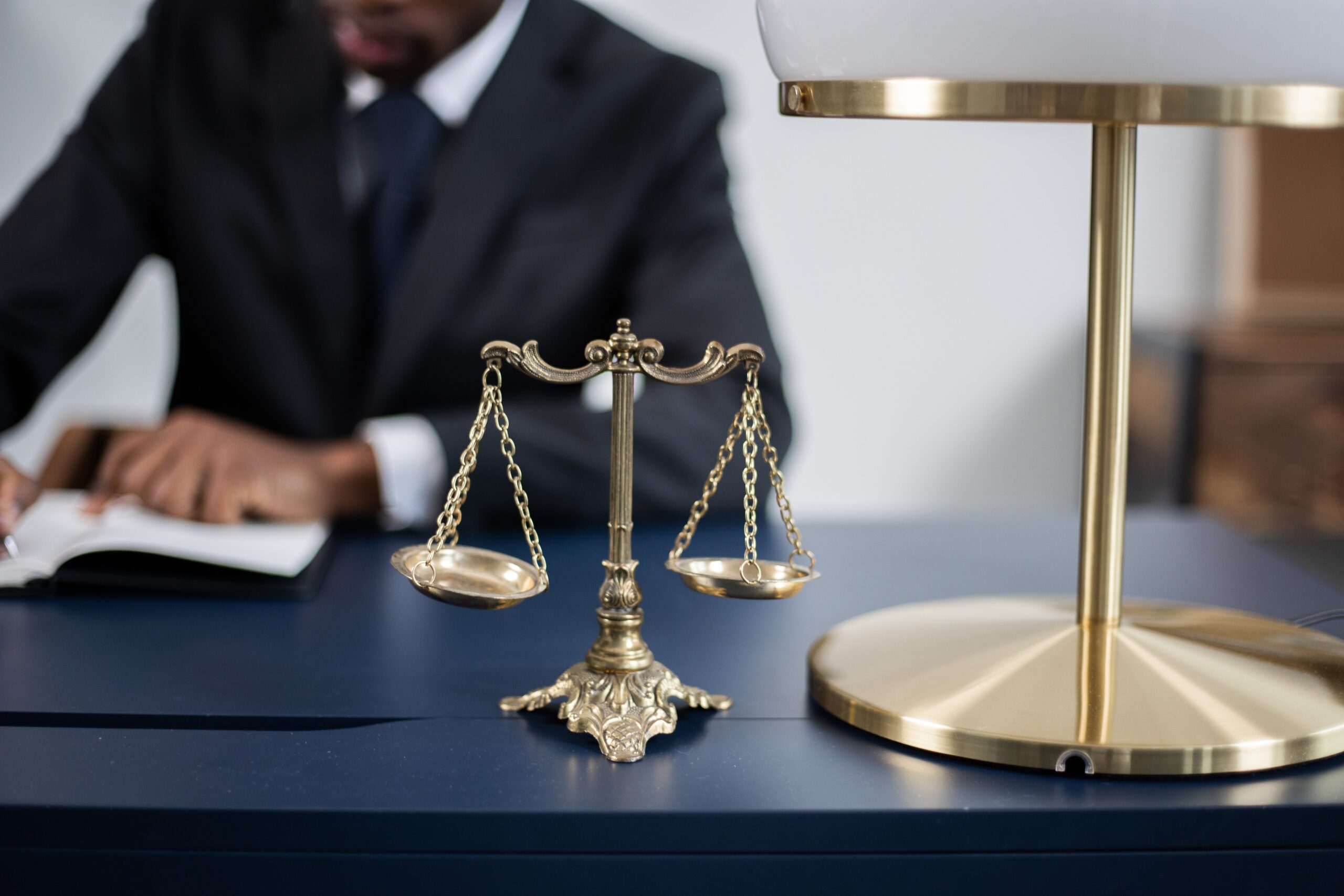A Closer Look at the Pursuit of Justice
Forensic evidence plays a pivotal role in solving crimes and holding offenders accountable in criminal justice. Forensic DNA labs strive to maintain impartiality and scientific rigor. These scientific methods, from DNA analysis to ballistics testing, are considered a gold standard for linking suspects to crime scenes. We’ll explore the commitment of unbiased forensic DNA to the pursuit of truth and the fair administration of justice.
The Role of Forensic Labs
Forensic laboratories are an integral part of most criminal investigations. They analyze evidence collected from crime scenes to establish connections between suspects and victims. These labs provide critical information to law enforcement agencies, prosecutors, and defense attorneys, shaping the outcomes of trials and impacting the lives of those involved.
Addressing the Challenges
While forensic labs are instrumental in solving crimes, some factors can compromise their impartiality. To keep labs unbiased, efforts to enhance the impartiality and reliability of forensic analysis are being addressed.
Pressure to Produce Results –> Accreditation
There is sometimes pressure to produce results quickly, especially in high-profile cases, leading to errors that may jeopardize the integrity of the case. To combat this, many labs seek accreditation from independent organizations to ensure they meet recognized standards for quality and competence. The major accreditation body for forensic DNA labs is the ANSI National Accreditation Board (ANAB.)
Some labs only hire individuals who possess degree and coursework requirements defined by the FBI-QAS standards.
Accredited forensic DNA labs prioritize scientific excellence more than anything else, adhering to rigorous protocols, employing innovative technologies, and maintaining the highest standards of accuracy. They undergo audits conducted by both the FBI and internal assessments to ensure they follow the standards set by the accrediting body and the FBI.
Confirmation Bias –> Quality Control Measures
Forensic analysts can be susceptible to confirmation bias, unconsciously interpreting evidence in a way that aligns with their initial assumptions or the prosecution’s theory. By implementing stringent quality control measures like proficiency testing and technical and administrative reviews, errors or biases can be identified and rectified. Rigorous quality assurance measures that are routinely employed are integral to the operations of forensic DNA laps and uphold their commitment to precision.
Resource Constraints –> Improved Training
Budgetary constraints and limited resources may hinder the ability of forensic labs to conduct thorough analyses, potentially leading to results that may fall short of the desired level of precision and comprehensiveness. Labs that promote and encourage ongoing training and professional development keep their forensic analysts’ skills up to date and help minimize potential inaccuracies. They ensure the highest levels of competency and objectivity. Labs operate with a commitment to the truth and avoid external pressures to focus solely on pursuing accurate and unbiased results.
Legal professionals, lawmakers, and advocates are also pushing for legal reforms that address potential issues related to forensic evidence.
A Bright Future for Impartial Forensic DNA Analysis
The dedication of forensic DNA labs to unbiased practices has paved the way for ongoing progress and innovations in the field:
-
- Confidence in Justice: By consistently delivering impartial results, these labs instill confidence in the justice system, ensuring the innocent are protected and the guilty are held accountable.
-
- Scientific Advancements: Their commitment to impartiality drives ongoing scientific advancements, improving the accuracy and reliability of forensic DNA analysis.
-
- Fair Trials: Accredited forensic DNA labs contribute significantly to fair trials by providing the courts with reliable evidence, enabling judges and juries to make informed decisions.

